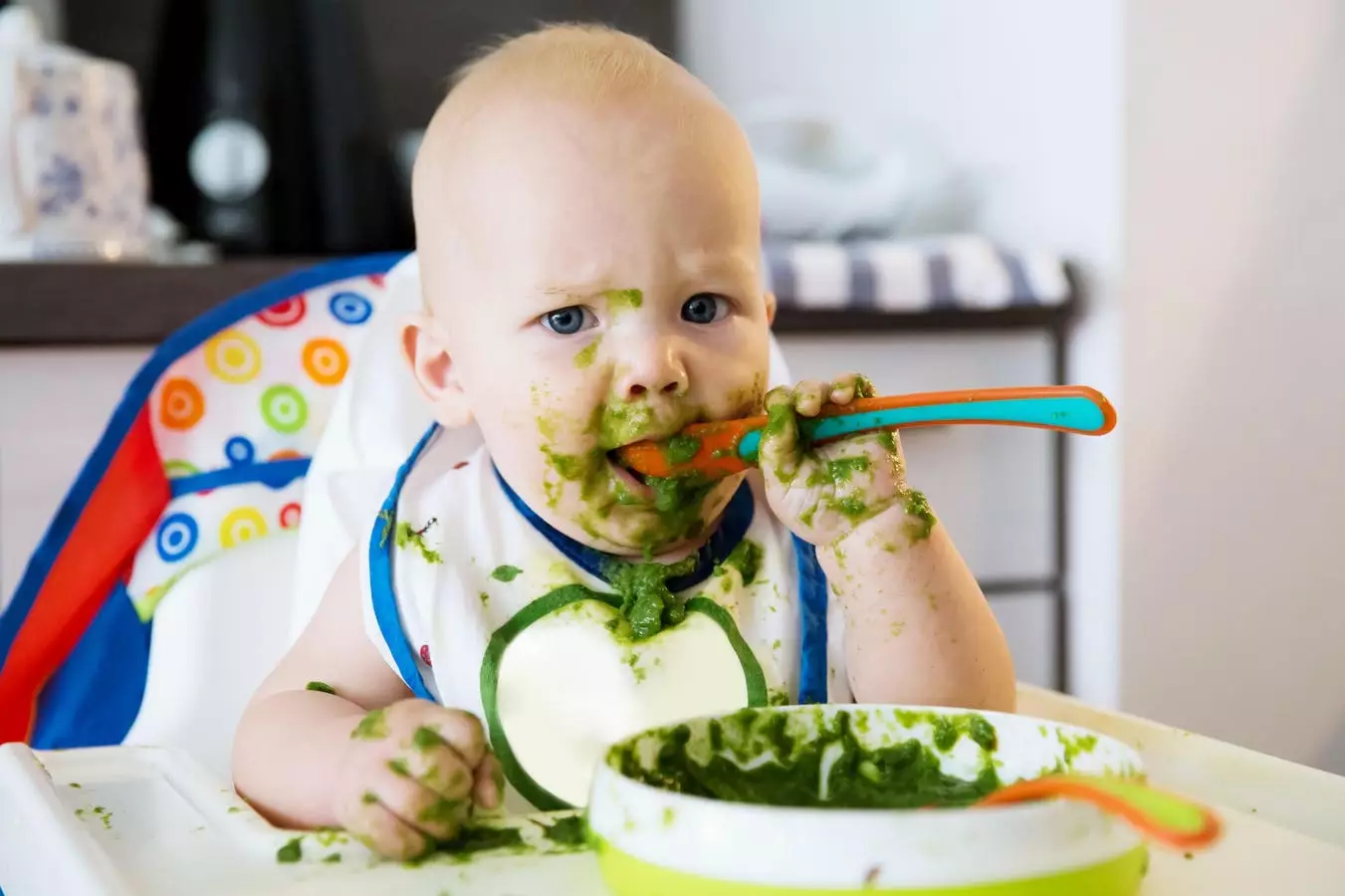As we look towards the future, we find ourselves on the edge of a generational shift that promises to redefine our relationship with food. Enter Generation Beta, the cohort of individuals born starting in 2025. This new generation will emerge from the innovations and challenges that characterize our present world, patching together a unique identity defined by technological advancements, an acute consciousness of sustainability, and a rich tapestry of global culinary influences. Unlike previous generations, Generation Beta will have their plates filled not just with food, but with narratives reflecting their environmental responsibilities and the digital age they inhabit.
Central to the ethos of Generation Beta are the values brought forth by their Millennial and Gen Z parents. These generations have already set the stage for major shifts in dietary approaches, favoring plant-based diets, minimal waste, and the revival of home cooking. In teaching their children about food, these caregivers are not merely passing down recipes; they are instilling principles of sustainability and wellness as fundamental aspects of their children’s lives. Meals will become less about consumption and more about mindful eating—choices that prioritize health and the planet, aiming to situate a sense of responsibility as a default rather than an anomaly within Beta’s lifestyle.
Parents will foster adaptability among their children, equipping them with tools to navigate climate challenges and food resource shifts. Such preparation will ensure that Generation Beta views food not just as sustenance, but as a crucial pivot in addressing larger societal issues.
In the backdrop of this welfare-oriented upbringing lies an era of unprecedented technological transformation. While previous generations witnessed the rise of social media, Generation Beta will grow up embedded in a digital framework powered by artificial intelligence and innovative food technologies. Concepts like AI-designed meal planning and robotic kitchens will likely saturate their early experiences, changing the way they perceive food production and preparation.
Social platforms, particularly short-video applications like TikTok, will further sculpt their culinary preferences. Unlike earlier food trends that spread through traditional media, Generation Beta will experience instantaneous global culinary phenomena, as dishes adopt a viral nature, transcending borders and quickly transforming local delicacies into global sensations. This digital-first mindset will redefine food interactions, making social networking a central pillar in the gastronomic landscape.
As technology connects people in profound ways, Generation Beta will be enveloped in an increasingly global food culture. With access to diverse culinary influences and the fluidity of food sharing, they might experience cuisine as an expansive canvas rather than a static expression restricted by geography. This generation will relish a unique blend of flavors, traditions, and cooking techniques—their culinary education built on a foundation of rich global exchanges facilitated by modern technology.
However, this culinary melting pot will not merely provide access; it will promote education and respect for the origins of diverse cuisines. As food becomes intertwined with personal narratives and shared experiences, Generation Beta may evolve to view their meals as more than just sustenance; they will serve as connecting points, illustrating stories of tradition, identity, and innovation.
The landscape Generation Beta will inherit is fraught with challenges—escalating climate change, resource scarcity, and the rapid evolution of technology are all pressing concerns. Yet, these hurdles also represent opportunities. The future generation will not solely inherit the habits and practices of their parents; they will also redefine and adapt these established norms to address contemporary issues. In doing so, they will likely foster a remarkable subculture centered around culinary innovation, sustainability, and responsive eating practices.
The socio-cultural fabric surrounding food is in flux, and research has already demonstrated how collective experiences shape dietary choices. As Generation Beta navigates their formative years in an ever-changing food environment, they will have the wherewithal to craft their own narratives around food, developing distinct preferences and identities that resonate with their social realities.
The food landscape Generation Beta is set to inherit is a culmination of historical shifts, technological advancements, and a growing sense of global consciousness. Their relationship with food—shaped by the lived experiences of their Millennial and Gen Z predecessors—will embody characteristics of adaptability, sustainability, and connection. As this new generation begins to carve out their unique food identities, it is vital to recognize that the values and practices established today will profoundly influence their culinary journey. The evolution of food culture is not simply about trends; it’s about crafting a legacy that echoes into the future, a testament to a generation shaped by the challenges and triumphs of their time.


Napsat komentář